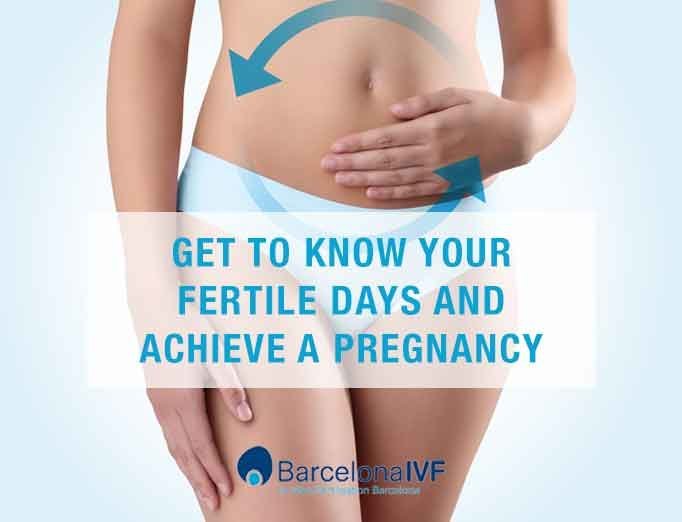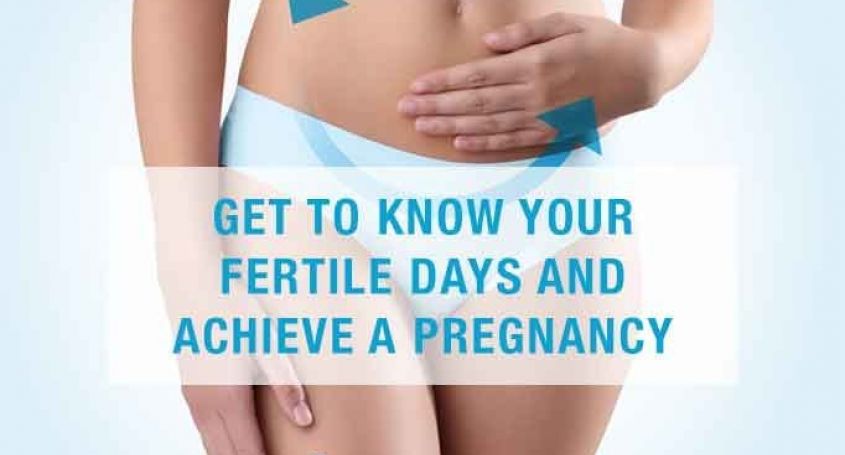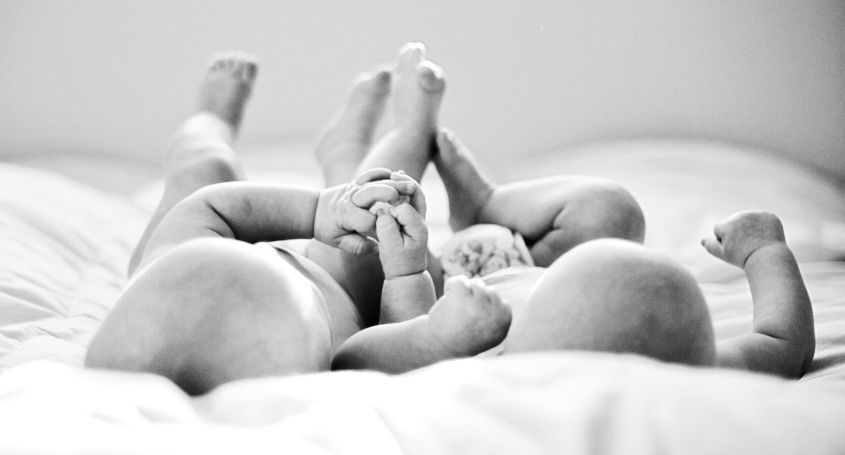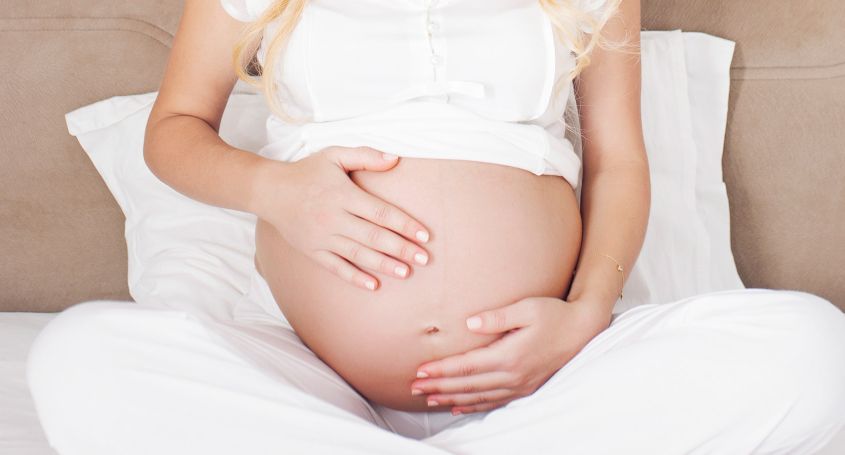 If you are looking for a pregnancy, it is important you know your fertile days and the stages of your menstrual cycle to maximise possibilities of success. It is during mid cycle, during ovulation, when it’s more possible to obtain a pregnancy. However, not every cycle is the same and for this reason it’s important to know about its duration so you know exactly when the most fertile days are happening.
To evaluate if the period appears in the same time frame it is necessary to carry out this control during 3-4 months
If you are looking for a pregnancy, it is important you know your fertile days and the stages of your menstrual cycle to maximise possibilities of success. It is during mid cycle, during ovulation, when it’s more possible to obtain a pregnancy. However, not every cycle is the same and for this reason it’s important to know about its duration so you know exactly when the most fertile days are happening.
To evaluate if the period appears in the same time frame it is necessary to carry out this control during 3-4 months
Know your fertile days and get pregnant

21 / 11 / 2016
 If you are looking for a pregnancy, it is important you know your fertile days and the stages of your menstrual cycle to maximise possibilities of success. It is during mid cycle, during ovulation, when it’s more possible to obtain a pregnancy. However, not every cycle is the same and for this reason it’s important to know about its duration so you know exactly when the most fertile days are happening.
To evaluate if the period appears in the same time frame it is necessary to carry out this control during 3-4 months
If you are looking for a pregnancy, it is important you know your fertile days and the stages of your menstrual cycle to maximise possibilities of success. It is during mid cycle, during ovulation, when it’s more possible to obtain a pregnancy. However, not every cycle is the same and for this reason it’s important to know about its duration so you know exactly when the most fertile days are happening.
To evaluate if the period appears in the same time frame it is necessary to carry out this control during 3-4 months
0 Comments
Leave a Reply
We receive many queries and it is not possible for us to provide a personal response to all comments. We will try to answer as soon as possible. In the meantime, we invite you to check our FAQ in case they can help you.














